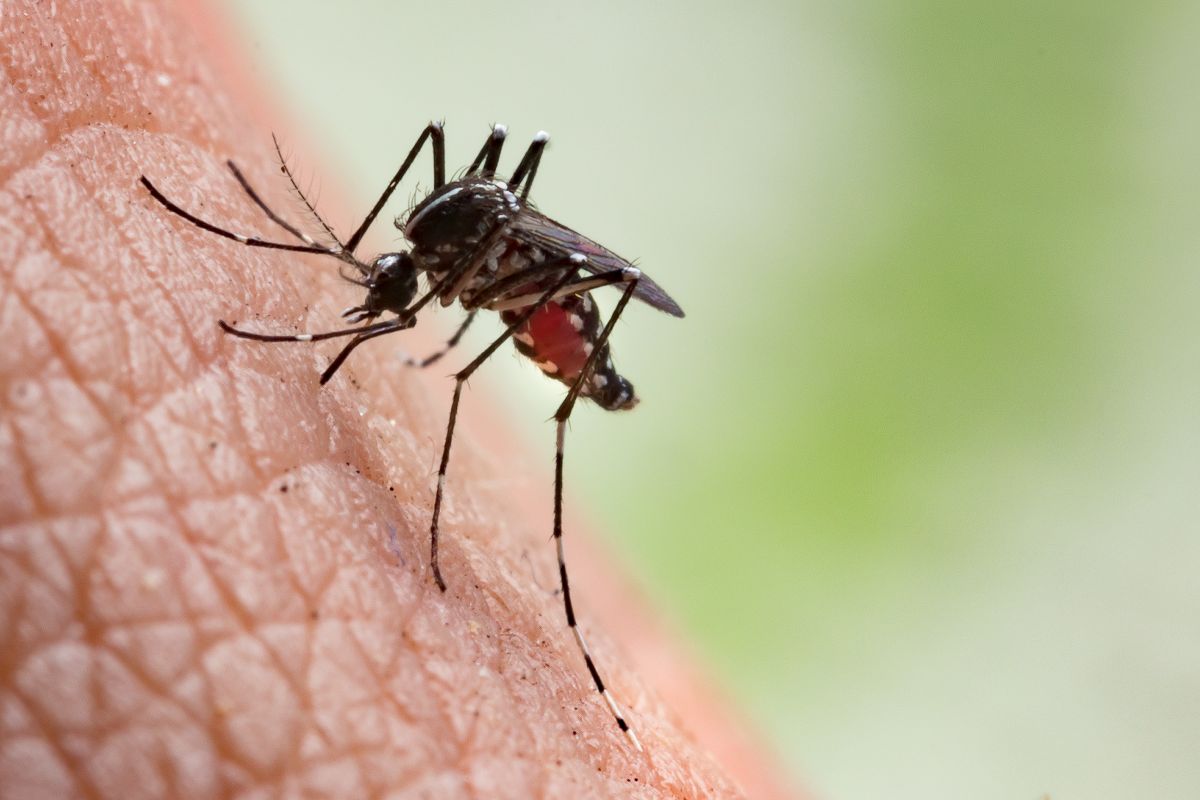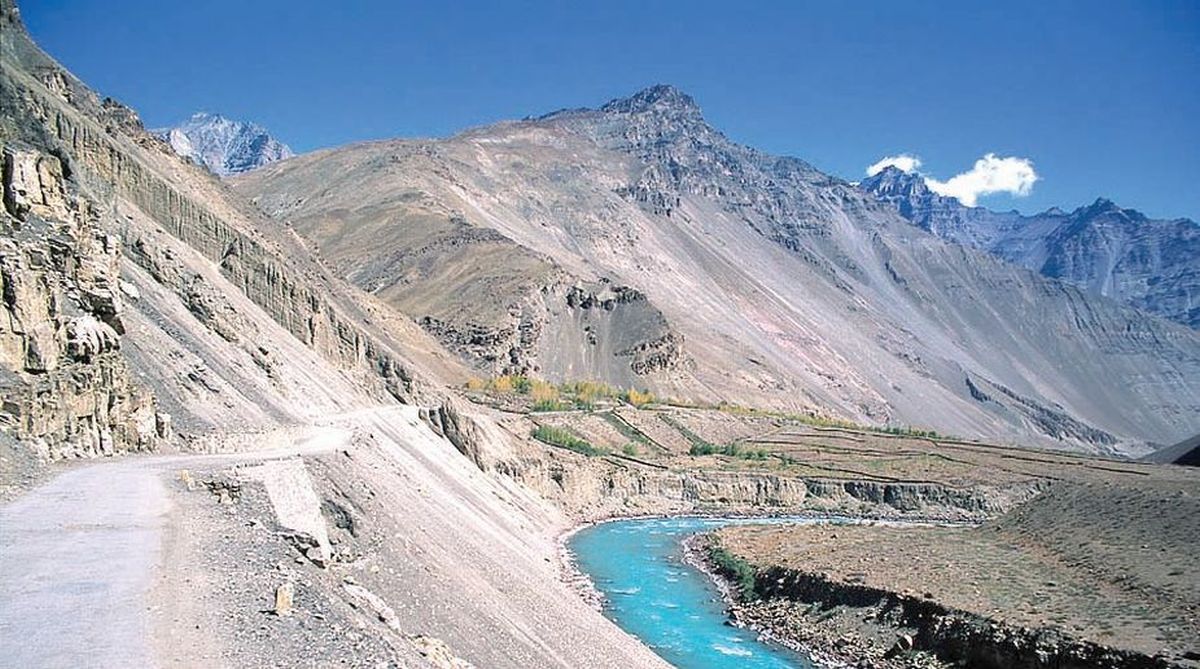Raising awareness on rare diseases for early intervention
To bridge the gap between lack of knowledge and awareness, many non-governments are working to raise awareness, support patients, and push for policy changes to improve the lives of those affected by rare diseases.















